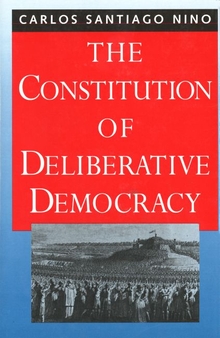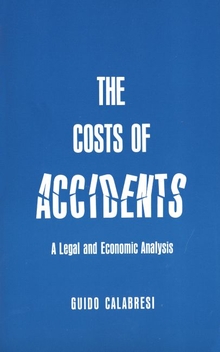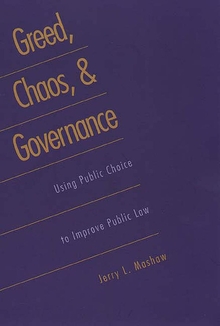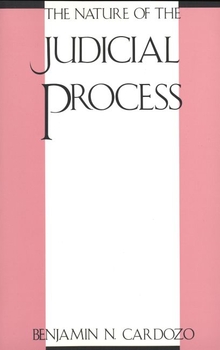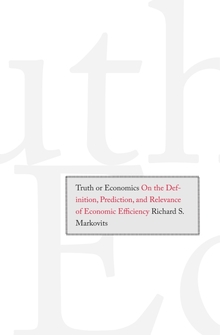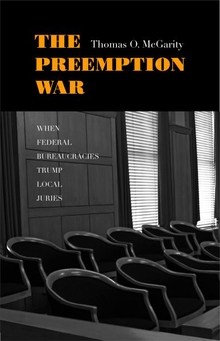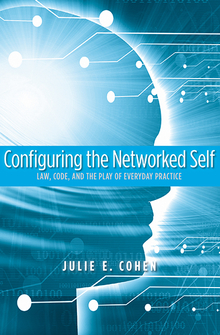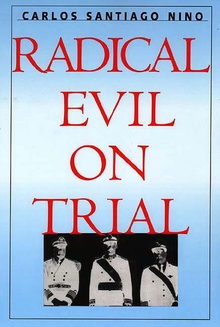The Constitution of Deliberative Democracy
WARNING
You are viewing an older version of the Yalebooks website. Please visit out new website with more updated information and a better user experience: https://www.yalebooks.com
Carlos Santiago Nino
Out of Print
Nino's conception of deliberative democracy bears on the way power is organized under a constitution. Drawing on a variety of constitutional traditions, he criticizes the presidential system and calls for citizens to participate more directly in the political life of their country. He also envisions a revitalized role for political parties. Nino shows how deliberative democracy can be combined with, and supported by, other constitutional practices, such as the specific wording of the text and the protection of individual rights. The complex constitution that emerges from his analysis consists of a historical constitution, an ideal constitution of rights, and an ideal constitution of power. Nino's goal is to explain how these three dimensions of constitutionalism can reinforce rather than conflict with each other. In a final chapter, he argues that the deliberative conception of democracy requires a more limited role for judicial review than is usually contemplated.
"Breathtaking in its scope, this important and original book provides an account of constitutionalism, a sophisticated variation of the liberal theory of rights, a review of contending views of the foundations of political theory, practical institutional proposals for modern democratic states, and a consideration of the justification of judicial review in a democracy."—Lawrence Sager
"The widely discussed relation between democracy and constitutionalism depends on the meaning of these two terms. Nino's analysis leads to numerous insights that, at the same time, excels by its practical fitness as well as its theoretical depth. The result is a new theory of deliberative democracy offering challenging new solutions to old problems. A magnificent book!"—Robert Alexy
"Carlos Nino was an extraordinary combination of theoretical philosopher, practical statesman, and heroic patriot. His work engages and repays attention at all three levels."—Ronald Dworkin
"The untimely death of Carlos Nino has deprived Latin America of one of its leading activists for constitutionalism, and it has torn from the international community of constitutional scholars one of its best and brightest. Carlos Nino was notably not only for his political wisdom and courage, but also for the unusual sophistication and cosmopolitanism of his constitutional thinking. This book is his last testament to the rest of us concerned with confining political action to the rule of law, and it is a poignant reminder of how much more he might have helped the constitutional democrats of this anxious world."—Stanley N. Katz
"Nino's eminently readable synthesis of legal, moral, and political debates focuses on the tension between democratic politics and constitutionalism. . . . His analysis of impartiality, equality, and autonomy, including their deliberative 'surrogates,' bolsters a notion of objective democratic legitimacy against thin theories of interest-aggregation."—Choice
"The reader will find a remarkable effort to bridge the gap between the theory and practice of contemporary constitutional law and human rights policy. . . . Nino's arguments lie entirely in the intellectual debates of American academia. They are vigorously crafted with the subtle ingenuity of the learned scholar and experienced jurist. His discussions are most of the time enlightening and have the merit of rendering readily available and directly meaningful to lawyers many relevant aspects of the current debate in political theory and moral philosophy. Moreover his insider's account of human rights policy-making in Argentina is instructive and in many ways appealing. Students of constitutional law and human rights will find worthy reading in his books."—Marcus Faro de Castro, The Law and Politics Book Review RELATES TO BOTH THIS BOOK AND RADICAL EVIL ON TRIAL
"A rich and rewarding discussion of retroactive justice. . . . Carlos Santiago Nino died in 1993 at age 49. He was an unusual combination of philosopher, lawyer, activist, and scholar whose passion for ideas was equaled only by his passion for life. That life was cut short, but Nino's ideas on human rights, ethics, justice, and democracy are still here to enrich discussions and stimulate debate. As a good book should, that is exactly what this book does."—Dorothy V. Jones, Ethics and International Affairs
"Carlos Nino was notable not only for his political wisdom and courage but also for the unusual sophistication and cosmopolitanism of his constitutional thinking. This book is his last testament to the rest of us concerned with confining political action to the rule of law."—Stanley N. Katz
Publication Date: September 25, 1996

